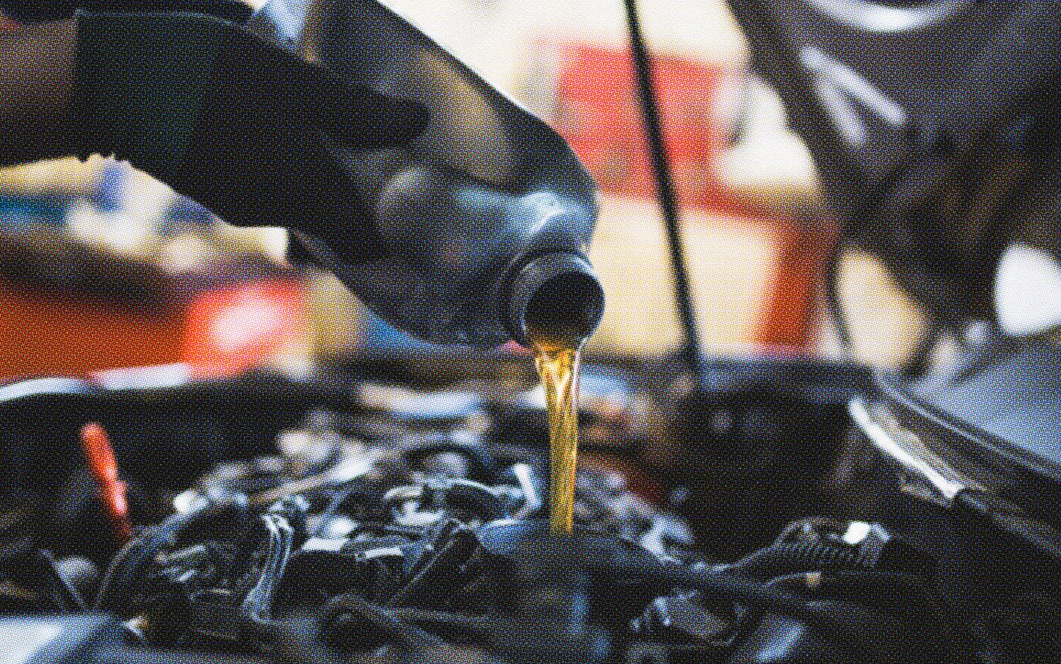4 min read
Oil light flashing on the dash? 3,000 miles on the clock? It can only mean one thing—time to change your engine oil.
Engine oil is the juice that keeps the moving parts in your engine lubricated. It keeps everything running smoothly, improves your fuel economy and reduces the general wear and tear.
Most vehicles need it changed every few thousands miles (some cars can run to 5,000) and you don’t want to skip it. It comes in a range of viscosities—that’s how thick or thin the oil is and how easily it flows through the engine at different temperatures. For best performance this needs to match your driving needs.
But which engine oil should you choose? Synthetic, or conventional? And is the oil light a sign you need to cash in your car and get an upgrade? Let’s start by looking at the different types of engine oils on the market.
conventional oil
This is your pumped-out-the-ground crude oil, which is then refined. It’s sometimes called mineral oil and is an 80% base oil along with various additives. It comes in a range of qualities.
For your conventional driver, with a conventional engine, (you guessed it) conventional oil usually does the trick. It’s the cheapest option, but it is less resistant to heat so will likely need changing more regularly.
synthetic oil
Synthetic engine oil is more specialized—and more expensive. The oil is refined, broken down and mixed with synthetic additives that have engine performance in mind. That means it lasts longer, maintains viscosity and can handle more heat.
Synthetic oils are recommended for heavy-duty driving—think off-roading and tow trucks—as well as for cars packing high tech gear under the hood. These oils also operate better in cold weather.
synthetic blend oil
Kinda like a cocktail for your engine, synthetic blend oils give you the best of both worlds (we’ll drink to that!). By mixing conventional with synthetic, this engine oil can deliver better performance without breaking the bank. If you drive a truck or SUV (but don’t do much heavy-duty driving) it’s a great choice.

high mileage oil
This oil is formulated for cars with muchas miles on the clock. The oil is designed to reduce leaks and keep the sludge out of engines. If you have a vehicle hitting 75,000 miles plus then it’s a good choice to keep things running smoothly.
what happens if I choose the wrong engine oil?
If you’re running synthetic oil through an older car or a high mileage vehicle it can cause leakage. If you choose an oil that’s too thick, it can cause resistance in the engine—especially in freezing temperatures—which can reduce efficiency and wear down the parts. If you choose an oil that’s too thin, it can burn off in high temperatures, resulting in engine damage.
If you're noticing those tell-tale signs that you need to replace your oil, make sure you take a moment to weigh up the overall condition of your engine.
If some costly car maintenance repairs are due and you find yourself questioning your car value, it may well be time to cash in your junker and get a shiny new upgrade. Forget the engine oil—let Peddle top up your bank balance and you can put the cash towards a smooth-running ride.
Related articles
Finally retiring old-trusty? Get an offer in minutes-it's easy as pie


